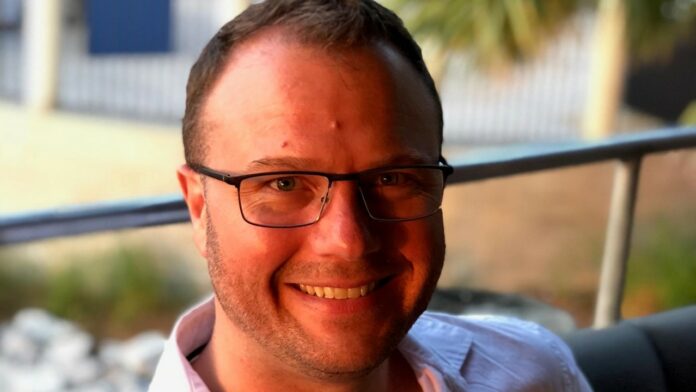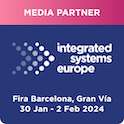Interview by Jordan Zauha
Eric Cantrell has worked for show control solutions company Medialon since 2008. Founded in 1992, Medialon was acquired by imaging technology company Barco in 2016, and subsequently sold to technology solutions provider 7thSense (see “Medialon and 7thSense close the deal” on the InPark website, August 2019). Eric was recently promoted from Director of Products to Director of Sales and Marketing. He supports clients with the entire 7thSense product suite, including its line of Medialon products.
Tell us a bit about the 7thSense-Medialon synergy.
Medialon is a show control solution brand. 7thSense is a creative company that uses technology to support the stories our clients want to tell. Together, our products play back media and process pixels so that every image gets displayed perfectly in the right place at the right time, as it was intended by the creator. Every media server product and pixel processor is customized to the specific needs of each client and project. For example, graphics cards can be reduced in spec for projects doing HD when they don’t need 4K.
7thSense and Medialon is a natural pairing. Even before the acquisition, both companies often worked alongside one another, servicing the same clientele.
Tell us about your new role at 7thSense as Director of Sales and Marketing.
With Medialon fully integrated into 7thSense, I continued overseeing product management for the Medialon product as we formalized a product management structure for 7thSense’s other products. I have now expanded my customer outreach responsibilities to cover the entire 7thSense product suite. During customer outreach and collaboration, I am responsible for translating the wants and needs of the clients to the engineers who can make it happen. During the process I essentially get to see the magic while it’s happening, which I find incredibly fun. Ultimately, I present demos of the products, help our clients identify which products suit the needs of their projects, and listen to their unique and specific needs for features that don’t yet exist. It is from these client interactions that I bring this valuable feedback to our engineers, who use those client needs as inspiration to improve our products.
I believe product managers should always be part of the sales process because the communication from clients who use our products is the most essential part of developing those products.
How has Medialon evolved?
In recent years we have integrated game engine technology. For example, in 2020 we released a Unity-based application called Marquee. It started off as a proof of concept to demonstrate how easy it is to control a Medialon show control system from the Unity game development platform. We had created a plugin and made it available, but we needed a way to test it and show it off. So we designed an application called Marquee for creating touchscreen interfaces. At its core it uses gaming technology, and it allows us to integrate animation and modern user interface elements, but the story Marquee lets us tell is even more interesting.
What is your outlook for the future of show control?
I believe motion capture technology, audience recognition, and interactivity-based show control will continue to influence the future of show control systems and technology. For example, skeleton tracking can craft a dynamic experience that changes for a child versus an adult. Technology like this will help to produce mass personalization, where each guest feels the experience is uniquely tailored to them or their group. The next time guests visit, it’s different because the group of people present is different, and just as interactive.
Mass customization can create “re-rideability” for spaces and environments. Historically, show control has been crafted for a linear experience. But it doesn’t have to be. It could control a fountain show reacting to the wind speed or temperature outside, or it could use applause levels to determine what color the lighting will be. These are simple cases of data in, data out. The real question is how do you continue to push creativity with the outputs and produce systems that properly collect the inputs?
I think that is a really fascinating part of using show control in themed entertainment because it allows people to interact with our environments in subtle ways. You can positively influence human behavior and emotion through entertainment and environment.
You’ve said, “Even though I’m not directly involved in the artistic decisions of my clients, I like to think I give people goosebumps by proxy.” Tell us more about this.
I’ve had that mindset since I started in technical theater because I wasn’t going to be on stage getting the applause. But when you hit that light cue and everything goes out except for that one spotlight and people gasp, that is “giving goosebumps by proxy.” It’s about providing someone a memory that they’re going to go back and talk about. Maybe I didn’t design it, but if I made it possible on some level, that’s the kind of stuff that I love.
You have worked on both coasts and in the Midwest but are now based in Orlando. Do you see Orlando continuing to evolve into the themed entertainment business center?
I believe Walt Disney Imagineering (WDI) moving jobs to nearby Lake Nona is going to bring other ancillary companies here to Orlando to support the business and projects associated with WDI, as well as the other large operators here in Orlando.
However, the themed entertainment universe is growing in general, and I don’t think that is a function of any one particular piece of news. The Orlando community will remain a major, growing hub, but the industry will continue to grow worldwide, especially in this time of increased development for themed and immersive entertainment.
What have you learned from the pandemic?
I have grown to deeply appreciate in-person conversation and collaboration. The pandemic taught me that I don’t actually need to be in the room with people, but I really enjoy it. Folks work really well together when they can collaborate and vibrate in the same air.
I have also noticed an increased empathy between colleagues, especially within the industry. At recent industry events, it has been incredible to see that people are genuinely concerned about others as a person, not just as means to money. The first in- person TEA event since the start of the pandemic at Kennedy Space Center was electric. People really care about each other in this industry, and that was comforting to me. •






